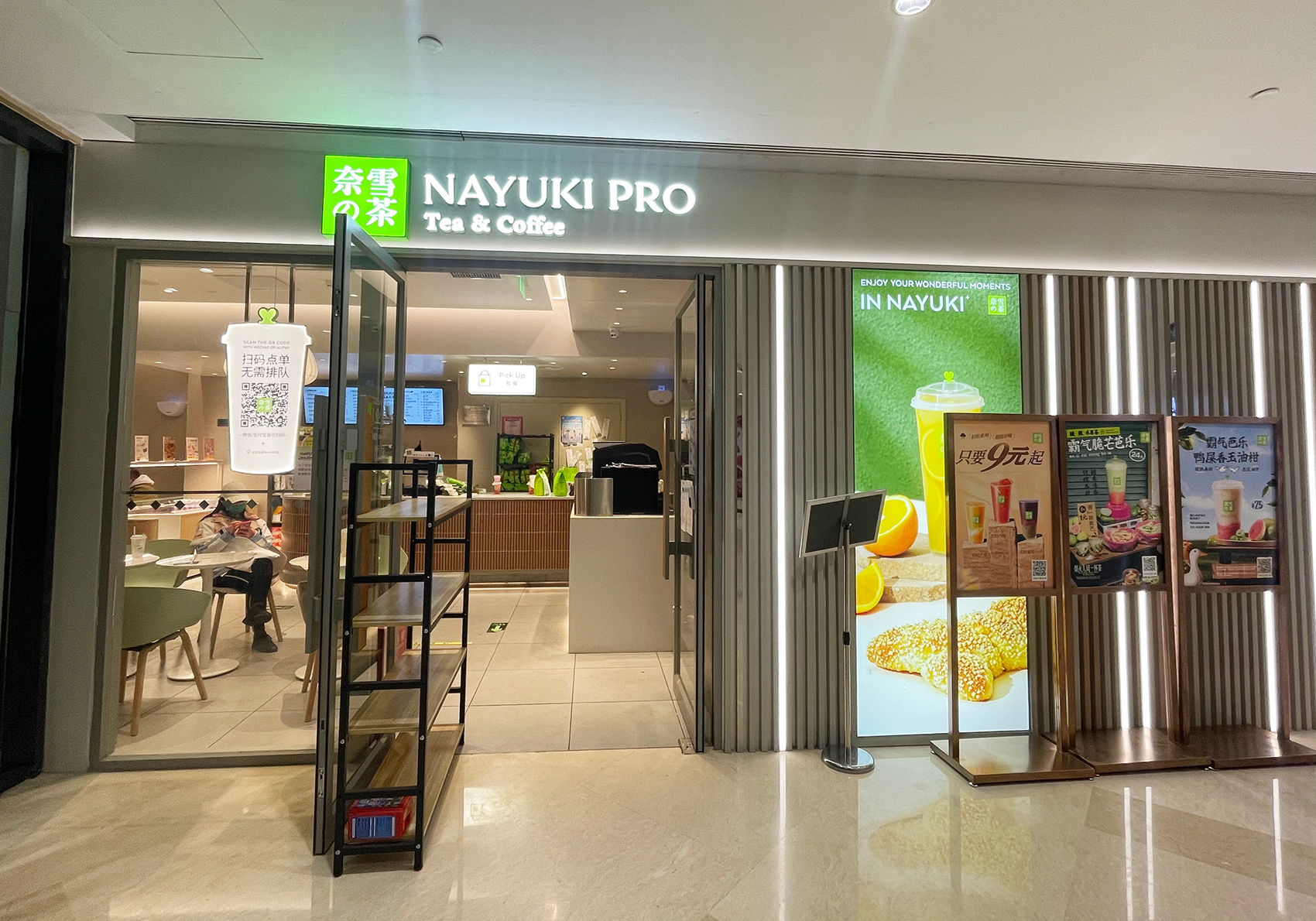Japanese media: Chinese enterprises do this all over the world
Author:Global Times Time:2022.09.02

Japan's "Nikkei Asian Review" August 31 article, original topic: out of cultivation -China to seek food safety from overseas
The most serious consequences of drought on some Chinese cities that rely on hydropower and dried up the riverbed may be the impact of the food supply. Earlier, the Russian war has led to a global shortage from sugar to edible oil. This reminds China to decentralize risks. For more than ten years, food consumption exceeds agricultural production restricted by rapid urbanization, and Chinese companies have purchased land, granary and food processing plants around the world.
Experts say that in view of the increase in income and reduced cultivated land, it is not easy to achieve only domestic production (meeting food needs). Therefore, while promoting domestic production, Chinese investors strive to find footholds in different parts of overseas food supply chains. Zhu Danpeng, vice president of the Guangdong Food Safety Promotion Association, said: "The birth rate of the Chinese population is declining, but the population is still huge, and nearly 1/4 of the food consumed to be imported. Therefore, overseas mergers and acquisitions have become improved food security and sustainable food supply. Important means. "In the future, overseas mergers and acquisitions will accelerate.
Many observers only know that China's food processing industry in Ukraine has invested a lot of investment this year. Near in April, near Mary Upol, a Chinese -enterprise, a factories of Chinese enterprises were affected. Experts said that multinational grain companies such as COFCO Group are developing global business. In the past few years, Chinese companies have accelerated the pace of international mergers and acquisitions. They will consider more commercial interests. The controversy caused by land acquisition has caused Chinese companies to reduce their attention to land in the past few years and pay more attention to infrastructure. Debara Bladigam, director of the Chinese African Research Program of John Hopkins University, believes that Chinese investment is not for the purpose of competitive resources, but has been mistaken for the label of "land plunder". Instead, Chinese enterprises are concerned about the business potential of food in regions in need.
In the late 1990s, China began to implement the "going global" strategy, but the speed of overseas agricultural investment was slow and full of political barriers. China's participation in overseas agriculture has been realized by consolidating the status of Chinese enterprises such as COFCO Group in the global commodity chain. Through mergers and acquisitions of foreign agricultural enterprises, Chinese enterprises have steadily obtained more dominance of the production process, rather than directly controlling the land. Zhang Hongzhou, a researcher at Nanyang University of Technology in Singapore, said: "Strategy has shifted from investing in farmland or renting farmland to establishing China's existence in the global food supply chain."
China has been seeking agricultural investment in the past ten years, but has also emphasized the concept of self -reliance, and the Russian war has enlarged this. Rebecca Nadding of the London Global Affairs Think Tank Overseas Development Research Institute believes that "in terms of agriculture, the real direction of China -Enterprise investment is domestic." China has increased efforts to optimize farmland by reforming rural land rights and other measures; Promote a part of self -sufficiency, and also invest in "Future Food". Although it is promoted to produce food, domestic reality forces China to continue to look out to meet demand. In addition to investing in domestic investment technology, China is also promoting agricultural technology overseas to help improve the efficiency of food production and encourage development.
Author Betsy Joles, translated by Qiao Heng
- END -
@Xinjiang Small and Micro -Enterprise and Individual Industry and Commerce | Assisting Enterprise Rescue Policy and Measures 5: Implementing small and micro enterprise financing guarantee fees awards policies
@Xinjiang Small and Micro -Enterprise and Individual Industry and Commerce | Assisting Enterprise Rescue Policy and Measures 5: Implementing small and micro enterprise financing guarantee fees awards p...
The PRO store is Wang's "small step fast run": Naixue's tea in the first half of the year stores exceeded 900 online revenue accounted for 80%

Nai Xue decided to adopt a large -scale model to expand more cautiously.On August ...